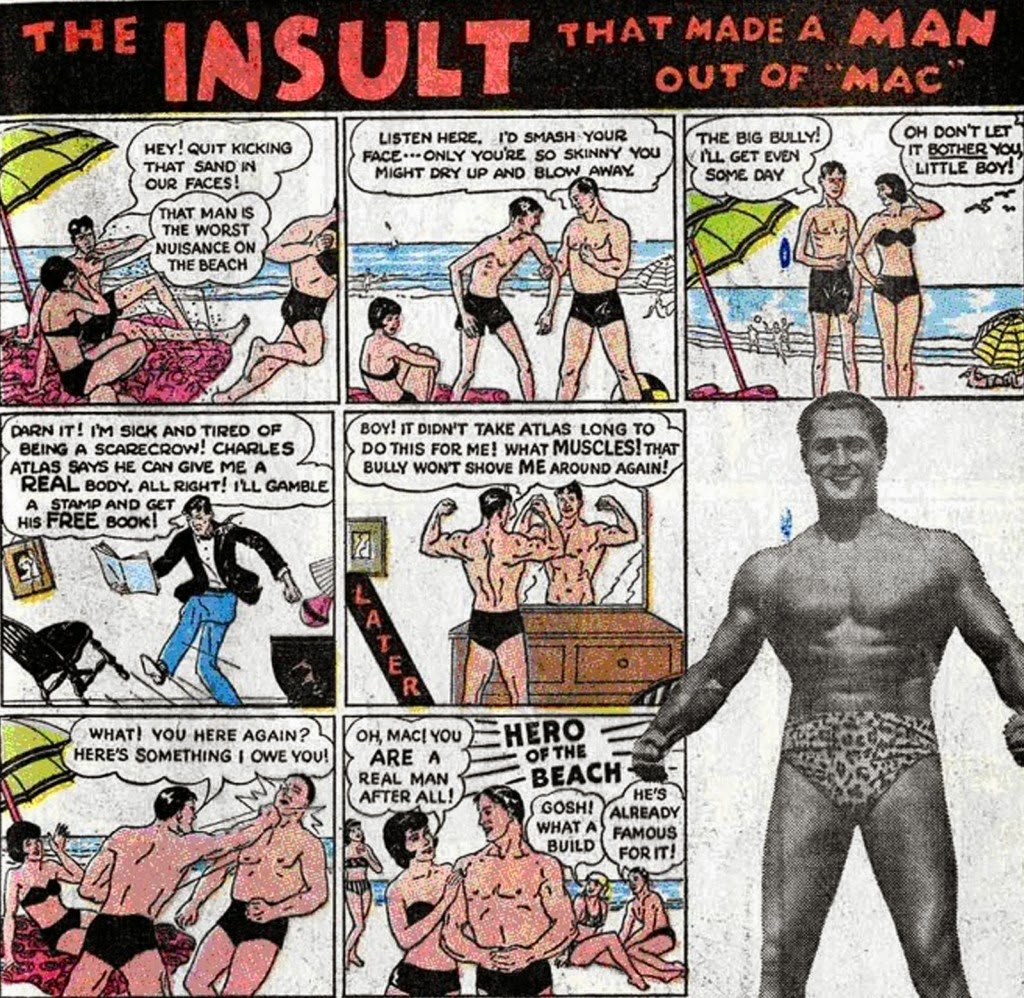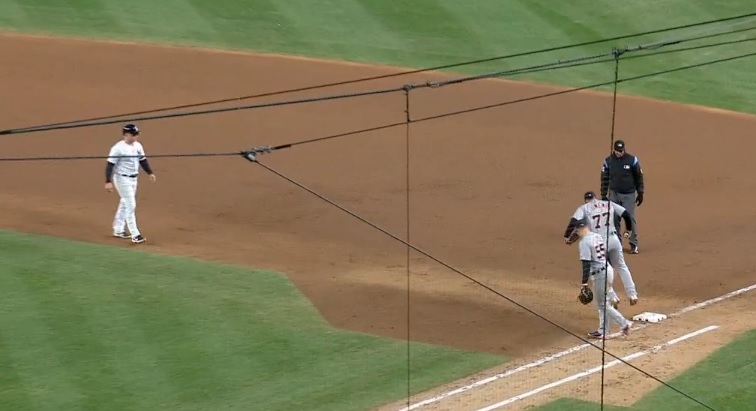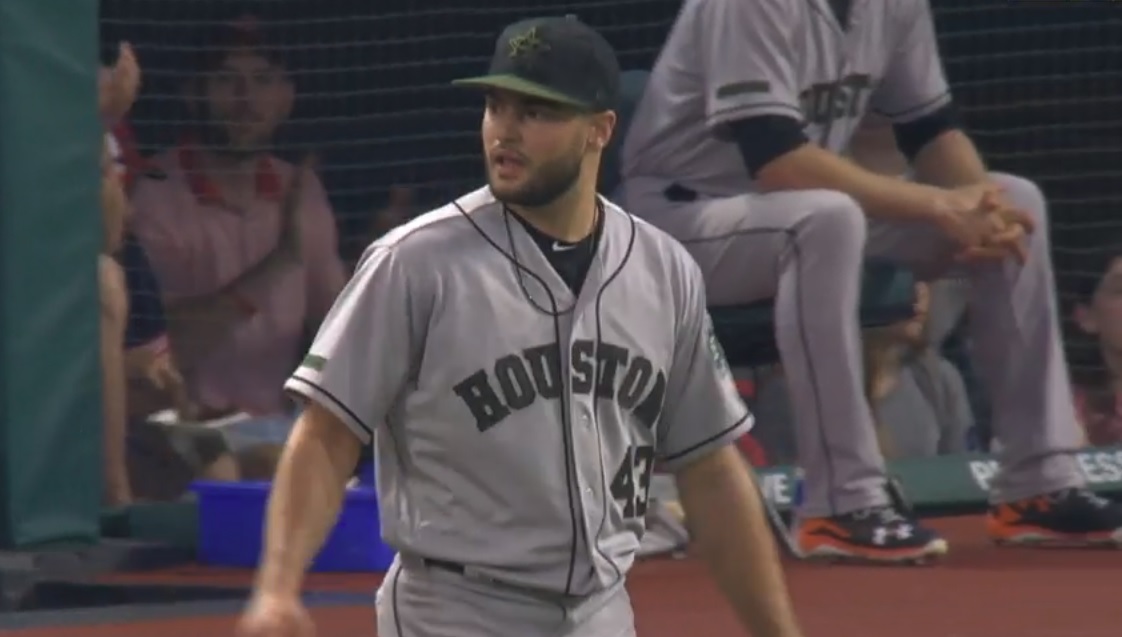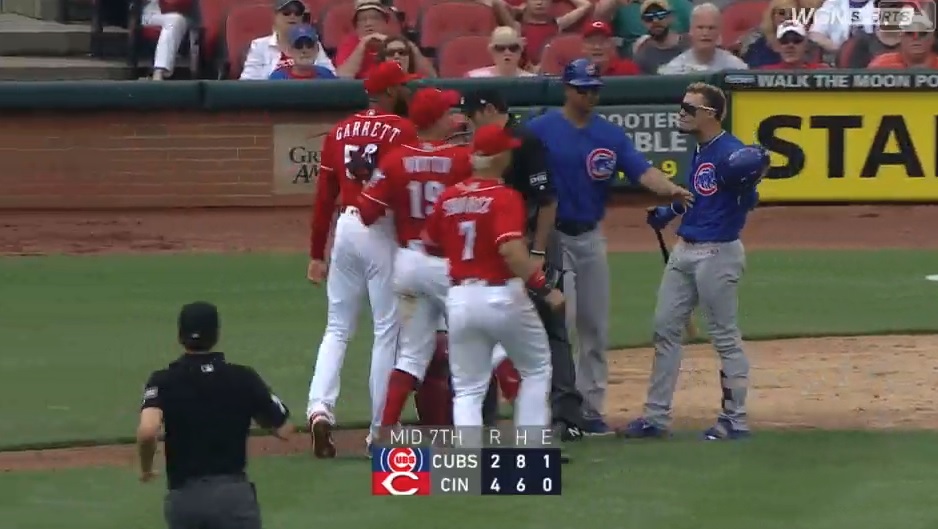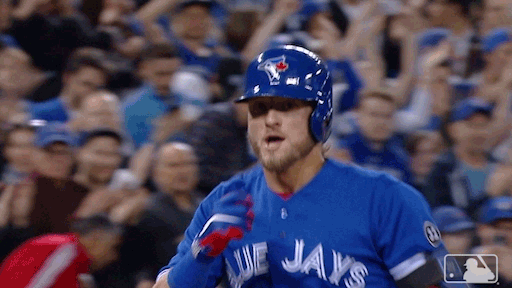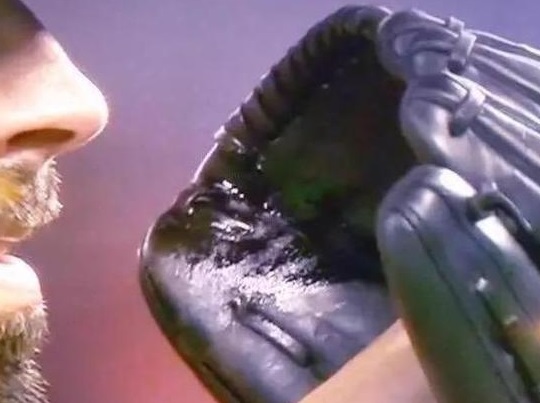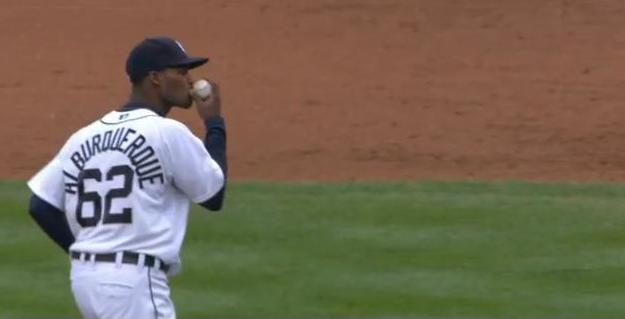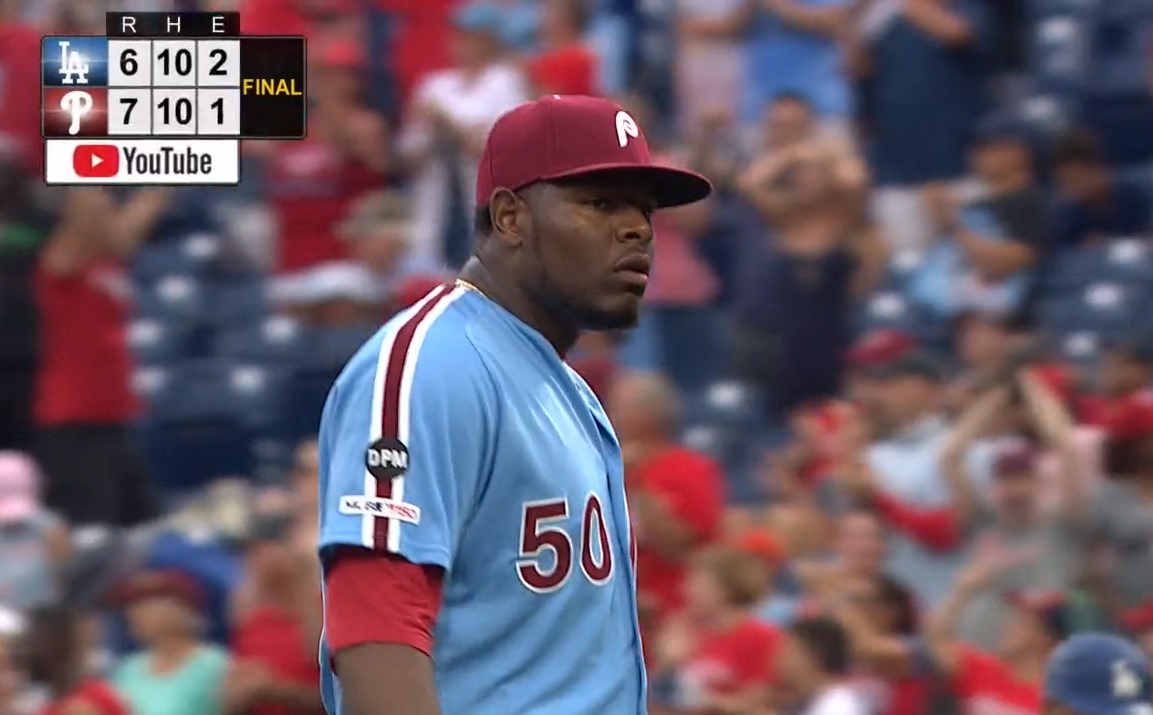
Hector Neris was unable to get LA’s goat on Tuesday, so he upped his game on Thursday. Head-high beanball not enough? Okay, Dodgers, fuck you.
On Tuesday, Neris entered in the ninth inning to protect a 6-5 lead, and in the span of four batters gave up a walk, a single and a three-run homer to pinch-hitter Matt Beaty. This was especially difficult for the pitcher, given that the last time he faced the Dodgers, on June 1, he’d given up a game-winning home run to Will Smith—the first of the rookie’s career, in just his fourth big league game—during which Smith paused to admire the flight of the ball while statue-posing his outstretched bat.
That type of reaction to a game-winner no longer even registers for most pitchers, but because it was a rookie doing the showboating it may well have gotten under Neris’ skin. What is certain is that he wanted to jam it down the Dodgers’ throats the next time he saw them. Instead, he blew another lead on Tuesday, in an even more painful manner.
That was all it took: The frustrated closer followed Beaty’s homer by delivering a 95-mph four-seamer at the head of the next batter, David Freese. A shrug-and-duck move allowed Freese to deflect the ball with his shoulder, but the intent was so obvious that Neris was ejected by plate ump Chris Conroy and suspended for three games by the league.
Look no further than the reaction of his catcher to judge Neris’ intent.
Fast forward two days. Neris is still playing while his suspension is under appeal. Called upon to protect a 7-5 lead in the ninth, he surrendered a solo homer to Alex Verdugo before nailing down the save—after which he turned to the LA dugout and screamed, “Fuck you!”
The Dodgers noticed. Justin Turner, who’d made the final out, took some time glaring in Neris’ direction. Max Muncy was poised outside the dugout, as if ready to charge. Clayton Kershaw, Russell Martin and Alex Verdugo were caught glaring toward the mound from the dugout. Martin may have challenged Neris to meet him in the tunnel under the grandstand. He also appeared to use some entirely objectionable language in describing the pitcher.
Nothing more came of it, but Dodgers manager Dave Roberts had some choice words for the media afterward.
“We played this series the right way, played it straight,” he told reporters after the game. “And so to look in our dugout and taunt in any way, I think it’s unacceptable. For our guys, who just play the game to win and play it straight and clean. Last game of the series, to look in our dugout, I think that exceeds the emotion. Look in your own dugout. So I think our guys took it personal. I took it personal.”
“He’s blown about eight saves against us over the last two years, so I guess he was finally excited he got one,” added Max Muncy in an MLB.com report. “Whatever.”
That’s not quite accurate, but it’s not far off. The previous time Neris pitched against the Dodgers prior to June 1 was in May of 2018; he gave up three hits and a run in one-third of an inning. In 2017, Neris yielded three straight home runs to blow a 5-2 lead. Over the course of his career the Dodgers are hitting .365 against him, better than any other team, and his ERA against them is 8.49. LA’s slugging and OPS marks against the pitcher top all National League clubs.
As evidenced by MLB’s suspension, compounded frustration is no excuse for head-hunting. Nor is it an excuse for what happened on Thursday, when back-to-back Dodgers stomped the foot of Phillies first baseman Rhys Hoskins while running out grounders—possibly in response to Neris’ shenanigans.
Unlike Neris’ beanball to Freese, it’s difficult to discern intent in the plays, and the fact that Neris appears to have acted in a vacuum when it came to his beanball might indicate that his teammates aren’t part of this particular beef. Still, such a thing happens so infrequently that to see it on consecutive grounders from a team that drew heat for a similar ploy only last season will doubtless raise some eyebrows in the Phillies clubhouse.
The teams are done with each other this season (a possible playoff meeting excepted), but so long as the principals remain where they are, there is no question that all these details will be re-litigated next year should anything questionable arise between the clubs at some point in the future.
